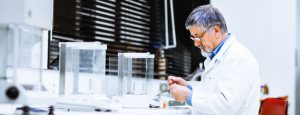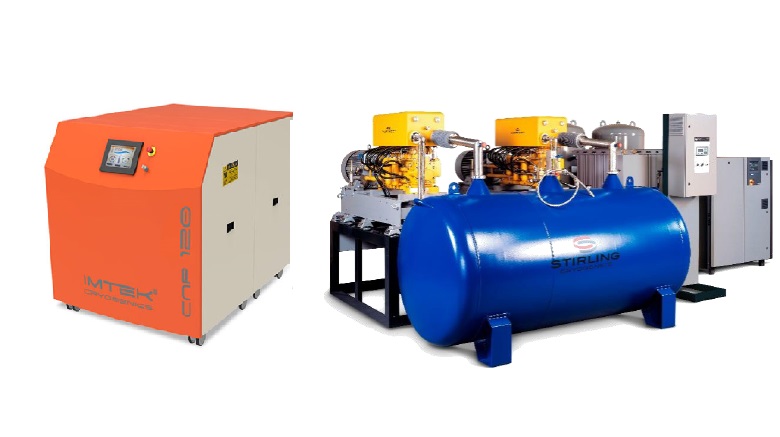“Cooking is a science and an art, and the man who puts all his heart into satisfying his fellow man deserves consideration” Auguste Escoffier 1846 – 1935
And this is exactly where my journey began over fifteen years ago. I’m one of these unusual chemists who doesn’t enjoy cooking. The thought of mixing together and serving ingredients to family and friend fills me full of dread, but I’ve always been fascinated by Heston Blumenthal. I first noticed his unique style many years ago when he appeared on television with his “Ejaculating Volcano Cake.” From this day on, I was hooked with this chemist trapped in a chef’s body.
Heston’s contemporary style of science enabled cooking shows the symbiotic relationship between cultivating cuisines and chemistry.
The ability to generate the most tantalising flavours and fragrances using everyday scientific equipment such as LN2 generators, bench top rotary evaporators, centrifuges, water baths, freeze dryers, vacuum pumps for filtration and removal of granules from purees and liquids, is mind blowing and ultra-impressive.
Chefs from the “Fat Duck” (Heston’s restaurant based in Bray, near Windsor) have an excellent working relationship with Professor Don Mottram’s research group at the University of Reading’s Food Bioscience Department and have investigated topics such as characterising aged syrup and looking at the volatile compounds in Jack Daniels (I bet his Ph.D students loved this particular thesis title! ;-) ) .
During this collaboration, Heston discovered that extractions taking from various parts of a tomato led to variations in tastes, the inside of a tomato being much richer than that of the skin. This resulted in the publication of a research paper confirming there were varying taste compounds in different areas of the fruit.
Over the years, Heston has collaborated with a significant number of scientists with chemistry, biology and psychology backgrounds reconfirming the very close relationship between food preparation and science.
Recently I was lucky enough to visit the “Fat Duck” and experience the results of this utterly fabulous quasi academic gastronomer. The team knew I was a scientist and had researched my background prior to the meal resulting in an exceptionally personalised, chemistry (and gin!) focused evening that will be one I will remember for a very long time to come.


“In what art or science other than cooking could improvements be made that would more powerfully contribute to increase the comforts and enjoyments of mankind” Count Rutherford 1753 – 1814
Written by: Dr Kerry Elgie




